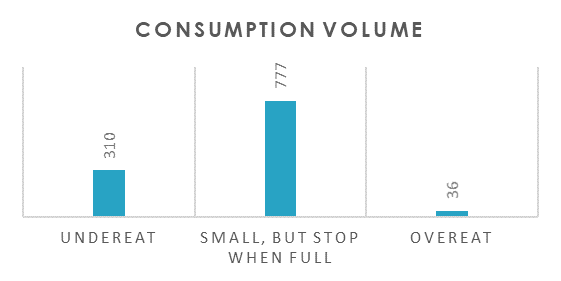Can we just start with this? Research from the Center for Neuroeconomics Studies found that among companies with established high-trust cultures, 74% of employees experienced less stress, with 106% more energy at work, and 50% higher productivity. They also enjoyed 76% more engagement and 40% less burnout.
BAM. Who wouldn’t love to have that workplace culture.
But it’s ironic isn’t it? The beef you hear about working remotely is some form of hand-wringing like this. “How do you know the employees are working and not just goofing off? If you can’t verify, you can’t know. Maybe they’re using your time to look for another job, maybe they’ve got a side hustle, or maybe they’re just bingeing The Handmaids Tale … again?”
It’s ironic because all these exact concerns reflect a fundamental lack of trust. And according to the data above, such a lack of trust (by YOU) leads to exactly the kinds of outcomes you feared in the first place. In other words, you caused the very thing you were so worried about to begin with.
Bottom line? The tighter your grip on things like hours and productivity measures by micromanaging their time and efforts, the more they slip from your grasp because you lose their trust. To create that culture where employees trust you and each other, start by trusting them.
This Forbes article was the inspiration for this article.



